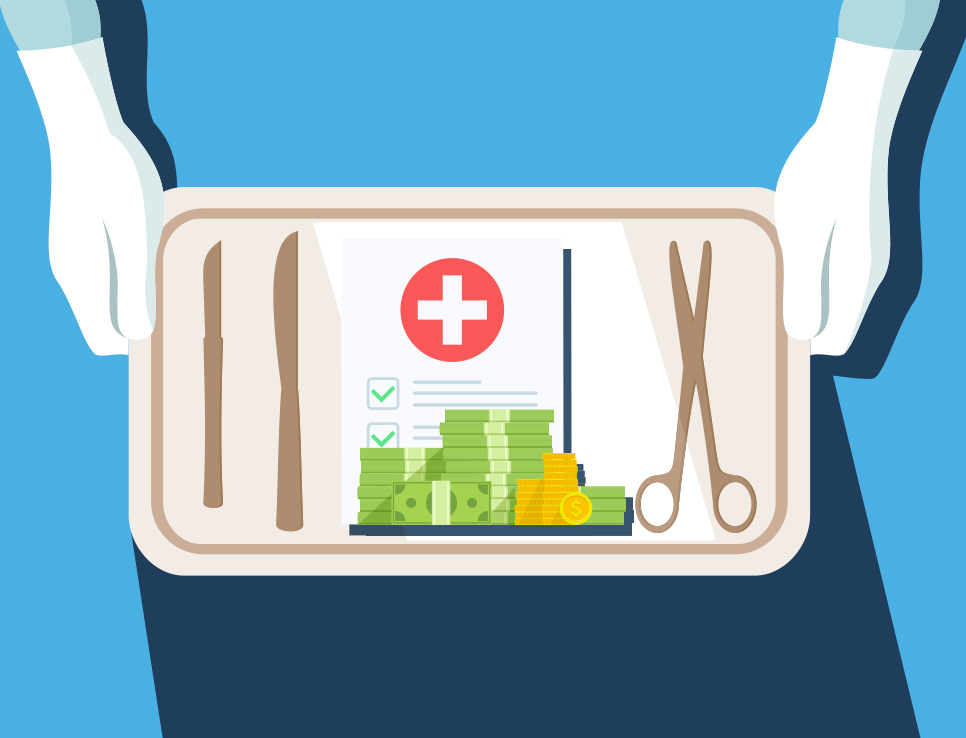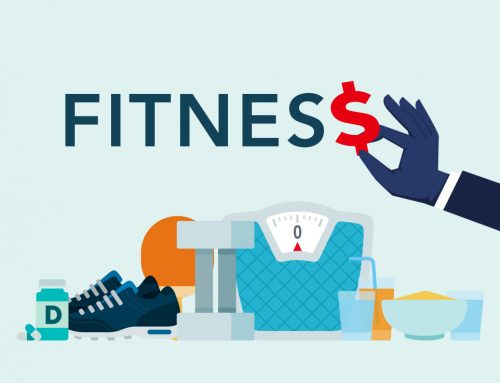Orthopedic surgeons are facing challenges that extend beyond patient satisfaction and improved outcomes.
Today’s orthopedic surgeons are facing challenges. Becker’s Spine Review points out that the volume of hip and knee replacement surgeries are surging at the same time that the surgical workforce is diminishing. Doctors will not be expected to meet the demand of the future. Coupled with these challenges are the increasing complexities of the healthcare regulatory environment, and declining reimbursement – even for highly paid orthopedic surgeons.
The last thing that an orthopedic surgeon in private practice should worry about is days in A/R. But with the increase in high deductible insurance premiums and increasing medical debt, debt collection will become an increasingly crucial part of tomorrow’s orthopedic practices.
Why Orthopedic Credit Collection Services?
There are more than just hips that need fixing in today’s healthcare paradigm. Becker’s spells it out boldly, stating, “Healthcare is plagued by uncertainty.”
Orthopedic surgeons often come out of residency with phenomenal debt; even at the beginning of their service, they are carrying a heavy responsibility to their professional bottom line. This debt strongly affects their career choices and many orthopedic surgeons wind up in hospital employment or joining an existing group because it’s much less risky than starting their own practice.
But the orthopedic surgeon has more financial woes potentially than other clinical specialty lines, despite their high income. athenaHealth conducted a study last year on the percent of bad debt by specialty area and found that orthopedic surgeons are the specialty area most likely to be affected by bad debt.
The study looked at 73 million patient visits to 31,000 providers in five specialty areas. They stated, “Among commercially insured patients, orthopedists depend most on self-pay patient payments, which account for 25% of their total revenue. Of this amount, 8.7% were in the bad debt category, the highest of all the specialties studied.
The study also found that bad debt is increasing, no matter the specialty.
Fixing What’s Broken – Orthopedic Debt Collection
A report from National Public Radio suggested that high deductible insurance is the reason why medical debt increased by 14% between 2008 and 2012. This requires an orthopedic practice to either offer credit to a patient or turn them away until they can pay upfront. Many practices opt for billing patients after their insurance kicks in, which adds to the risk of debt collection.
These challenges are all valid reasons for orthopedic practices to consider professional credit collection services. Web-based services like Rocket Receivables offer orthopedic administrative teams an easy, low-cost, systematized collection service that yields a very high rate of return. It’s a service that can enhance the doctor/patient relationship by ensuring a professional approach in the difficult practice of healthcare debt collection.
It’s the perfect storm: Patient debt is increasing, reimbursement is declining, the cost of care is going up, and regulations continue to shift. The orthopedic surgery practice has enough to worry about.
While many practices and hospitals continue to write off bad debt, it’s clear that healthcare’s ever-tightening bottom line could use a little help from Rocket Receivables. Click here to buy now.






